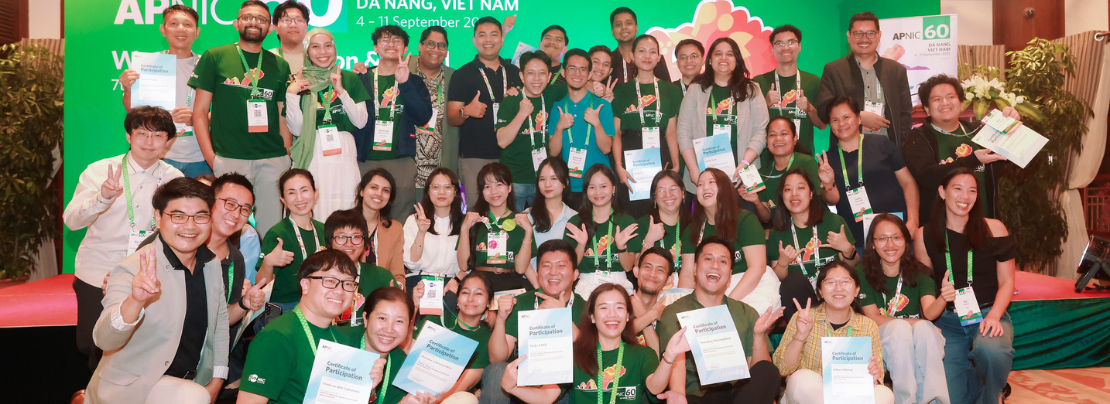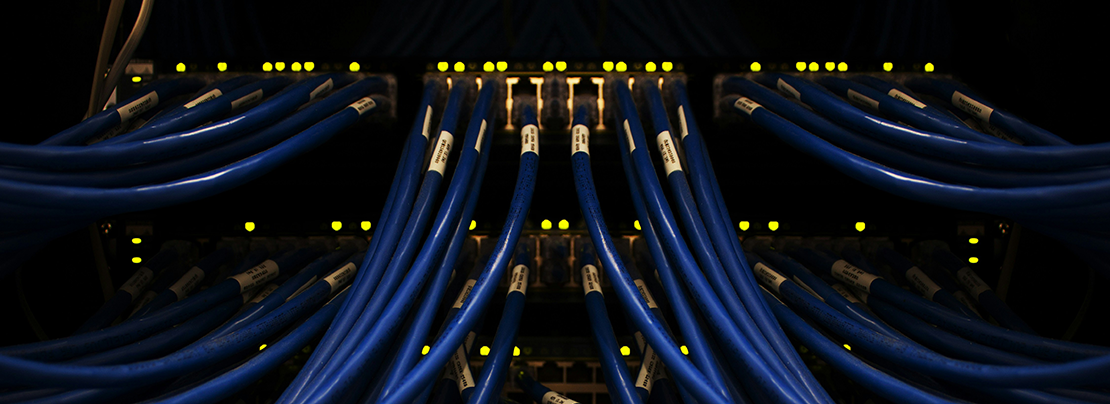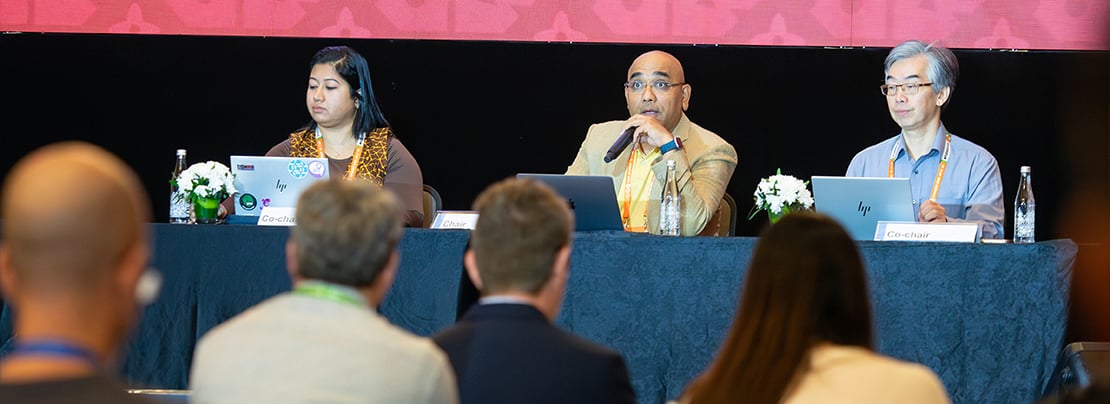APNIC is the Regional Internet Registry administering IP addresses for the Asia Pacific
APNIC is the Regional Internet Registry administering IP addresses for the Asia Pacific

Apply now for the 2026 APNIC Fellowship program
By Thy Boskovic
Applications for the 2026 APNIC Fellowship and Policy Fellowship programs are open now until 13 March 2026 at 23:45 (UTC +10).

Internet routing as supply chain risk
By Dan Fidler
A new paper from MANRS suggests enterprise demand may be the missing driver for stronger routing security.
Homepage highlight

Thanks for participating in APRICOT 2026.
Watch the recordings to catch up on what you missed (or forgot).

Towards an industry best practice for DNSSEC automation
By Barbara Jantzen
Guest Post: DNSSEC adoption, while steadily rising, is still low after 20 years. Why care about DNSSEC adoption anyway?

Balancing growth and efficiency — APNIC 61 Policy SIG deliberations on IPv6 and IPv4 allocation
By Dave Phelan
At APNIC 61 in Jakarta, the Policy SIG discussed proposals to reduce minimum IPv6 and increase maximum IPv4 delegations, highlighting tradeoffs between efficiency, record-keeping, and network planning. A Policy 101 session also introduced newcomers to APNIC’s consensus-driven policy process.

Reflections on a transforming interconnection ecosystem
By Flavio Luciani
Guest Post: Is the peering market in decline? A closer look at global data and operator experience suggests otherwise.

RPKI’s 2025 year in review
By Job Snijders
Guest Post: Job Snijders explores how the use of RPKI to secure Internet routing grew and evolved over 2025.

DNSSEC and PQC: The practical impact of increased TCP in DNS
By Eline Stehouwer
Guest Post: Evaluating the performance implications of increased TCP usage on authoritative nameservers.
![Banner image for [Podcast] Measuring for quality of life in Thailand article.](https://blog.apnic.net/wp-content/uploads/2026/02/Bangkok_FT.png)
[Podcast] Measuring for quality of life in Thailand
By George Michaelson
How Thai researchers are using practical measurement to inform policy, protect health, and respond to real-world challenges.
